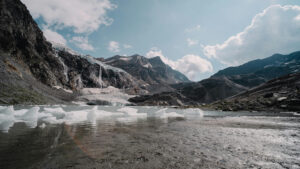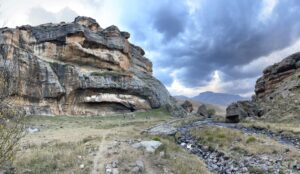Abstract/Description
One of the major problems in the Thai highland is burning in both agricultural and forest areas, which causes of PM2.5. In the case of burning in agricultural areas in 2024, the Highland Research and Development Institute (Public Organization); HRDI has studied the relationship between burn scar in 10 communities (villages) in Mae Chaem District, Chiang Mai Province, the North of Thailand. Linear regression analysis indicated that burned areas were positively correlated with four factors were examined: steeper slopes, production of upland rice and low land rice, age of the household head and family size. Sustained community engagement and awareness initiatives are essential for mitigating burning activities. Economically feasible sustainable farming alternatives require strong market demand and dependable water supplies. We should establish community-oriented pilot projects to promote wider adoption and replication. Additionally, providing timely guidance on regulated burning practices and necessary permits during appropriate seasons can help reduce PM2.5 levels. The findings highlight the significance of a participatory approach that combines scientific data with community knowledge to effectively tackle PM 2.5 challenges in Mae Chaem and other affected regions.


